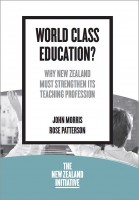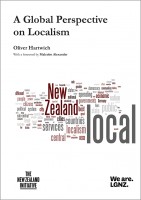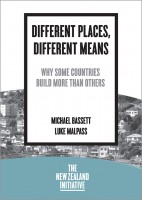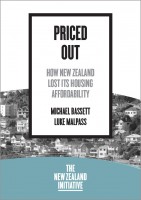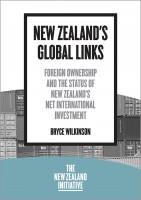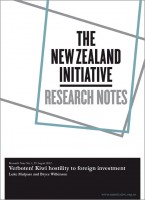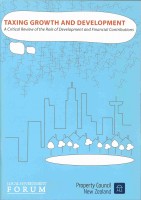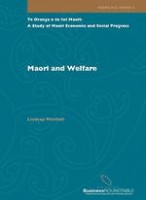Key points As measured by the OECD's FDI Regulatory Restrictiveness Index and analysed by The New Zealand Initiative: New Zealand has the sixth most restrictive FDI regime in the world New Zealand has the most restrictive FDI regime in manufacturing New Zealand runs the third-most restrictive FDI regime in restaurants and hotels Almost all of New Zealand's restrictiveness comes from screening processes - bureaucrats and ministers assessing how 'good' an investment is going to be for New Zealand, despite their poor incentives and lack of commercial knowledge. Of the 55 countries the OECD measured for FDI restrictiveness, 35 do not even have screening tests In addition: The 'sensitive land' and 25% ownership clauses in the Overseas Investment Act catch virtually any reasonably sized direct overseas investment Over the past 15 years, many other nations have substantially liberalised their overseas investment regimes, leaving New Zealand in a less competitive position to attract FDI Since 1993, the amount of FDI New Zealand attracts has trended down by 2% per decade, although the relationship is suggestive rather than robust at this point All New Zealanders can be expected to bear the cost of these foreign investment barriers through lower property values, a higher cost of capital, and weaker economic growth. Read more
